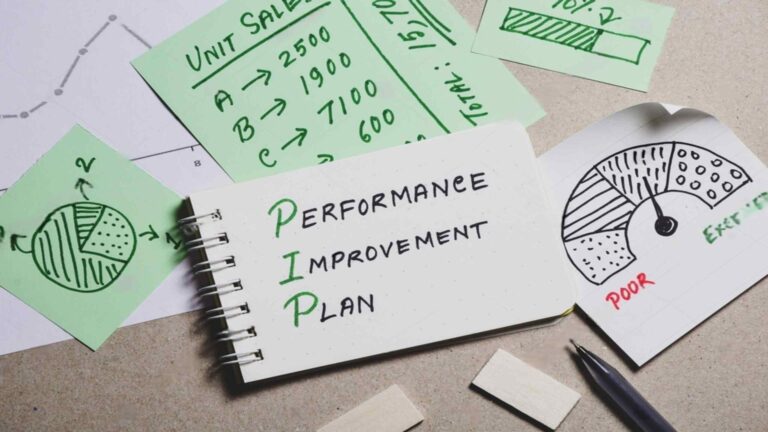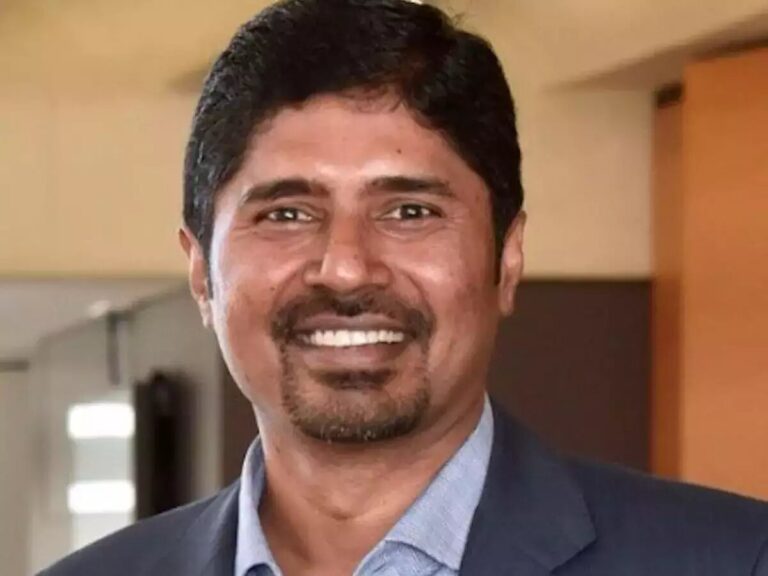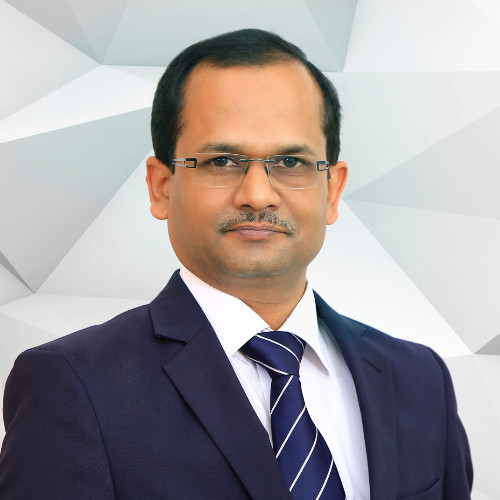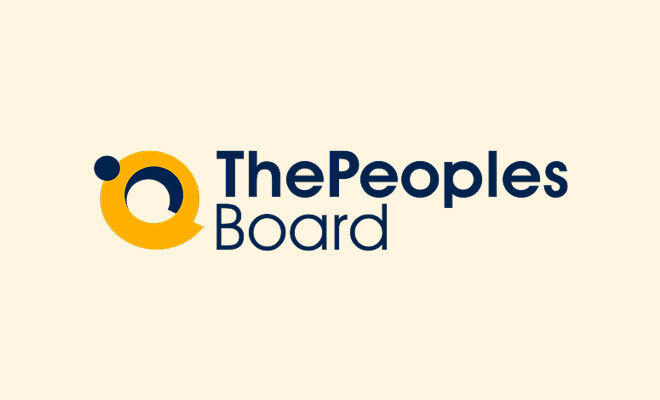In a country as diverse as India, it is hard to overstate the importance of diversity, equity, and inclusion (DEI) initiatives in the workplace. DEI has become pillars for fostering innovation, employee satisfaction, and business growth.
For all intents and purposes, DEI is no longer just a “good-to-have” initiative—it is a business imperative. As such, a career as a DEI expert offers an opportunity to drive meaningful change in organizations, address social inequities, and create more inclusive work environments.
With an increase towards DEI initiatives all across India, the demand for DEI experts is at an all time high. In this guide, we’ll explore what DEI means in India, the skills required to become an expert, and the steps to establish yourself as a leader in this field.
What is DEI and Why Does it Matter?
Diversity refers to the variety of identities and experiences in the workplace, including gender, ethnicity, age, religion, socioeconomic status, disability, and sexual orientation. Equity focuses on creating fair opportunities and addressing systemic disparities, while inclusion ensures that every employee feels valued, respected, and empowered.
In India, with its rich cultural diversity and complex social structures, DEI takes on a unique significance. Organizations need to address issues such as:
- Gender disparity in leadership roles.
- Representation of marginalized communities.
- Accessibility for people with disabilities.
- Overcoming unconscious biases in hiring and promotions.
Investing in DEI is not only ethically right but also enhances employee engagement, drives innovation, and boosts organizational performance.
Why Become a DEI Expert?
Demand for DEI Professionals: With more organizations recognizing the importance of DEI, the demand for skilled experts is growing across sectors, including IT, manufacturing, FMCG, and finance.
Make an Impact: As a DEI expert, you’ll drive initiatives that address inequities and create workplaces where everyone feels valued.
Career Growth: DEI is a specialized and emerging field in HR, offering opportunities to grow into senior leadership roles or even work as a consultant for multiple organizations.
Work in a Future-Focused Role: DEI aligns closely with global trends and sustainability goals, making it a critical area for organizations looking to future-proof their workforce.
Skills Required to Become a DEI Expert
To excel as a DEI professional, you need a combination of technical expertise and interpersonal skills. Here are the key competencies:
Understanding of DEI Principles
- Knowledge of concepts like unconscious bias, privilege, intersectionality, and allyship.
- Awareness of Indian-specific diversity issues, such as caste, regional disparities, and gender representation.
Strong Communication Skills
- Ability to articulate the importance of DEI to stakeholders at all levels.
- Skills to conduct workshops, facilitate discussions, and handle sensitive topics.
Analytical and Problem-Solving Skills
- Use data to assess diversity metrics, identify gaps, and measure the effectiveness of DEI initiatives.
- Develop tailored solutions for complex organizational challenges.
Cultural Competence
- Sensitivity to different cultural practices, beliefs, and social norms, especially in India’s diverse context.
Project Management
- Planning and executing DEI programs, including employee training, policy development, and leadership coaching.
Emotional Intelligence (EQ)
- Build trust and rapport with employees.
- Handle conflict and resistance with empathy and understanding.
Legal and Regulatory Knowledge
- Familiarity with laws like the Equal Remuneration Act, 1976, Rights of Persons with Disabilities Act, 2016, and workplace anti-discrimination laws.
How to Become a DEI Expert?
Becoming a DEI expert requires knowledge and empathy to help employees from all backgrounds truly. In a position such as this, both knowledge and socialisation play a critical role.

Build a Foundation in HR
Start by gaining experience in core HR functions such as recruitment, employee engagement, or training. Understanding the fundamentals of HR will help you identify DEI gaps within organizations.
Educate Yourself
Enroll in courses and certifications to build expertise in DEI. Some popular certifications include:
- SHRM Inclusion Credential
- Diversity and Inclusion in HR Management by Coursera
- LinkedIn Learning’s DEI Training Programs
Indian organizations like the National HRD Network also offer workshops and webinars on DEI topics.
Gain Practical Experience
- Volunteer to lead or contribute to DEI initiatives in your organization, such as Women’s Day events, LGBTQ+ inclusion programs, or accessibility audits.
- Join Employee Resource Groups (ERGs) or Inclusion Committees to gain hands-on experience.
Develop a Data-Driven Approach
Learn how to use tools like HR analytics and employee surveys to track diversity metrics, identify trends, and measure the impact of your initiatives.
Network with Industry Experts
- Attend HR and DEI conferences, such as SHRM India or NHRDN events, to learn from thought leaders.
- Join professional groups on platforms like LinkedIn to connect with DEI practitioners.
Stay Updated
Keep up with global and Indian trends in DEI, including best practices, success stories, and emerging challenges. Reading industry reports, whitepapers, and case studies can help.
Consider Specialization
Focus on specific areas of DEI such as:
- Gender Diversity: Initiatives to close the gender gap in leadership roles.
- Disability Inclusion: Creating accessible workplaces.
- LGBTQ+ Inclusion: Promoting equality for queer employees.
Pursue Leadership Roles
Once you have substantial experience, aim for roles like DEI Manager, Chief Diversity Officer, or Diversity Consultant.
DEI in the Indian Workplace: Challenges and Opportunities
Challenges
- Deep-Rooted Biases: Cultural and societal biases can hinder progress.
- Resistance to Change: Some employees may be skeptical about DEI initiatives.
- Diverse Workforce Needs: Managing employees’ expectations across regions, languages, and socio-economic backgrounds is complex.
Opportunities
- Youthful Workforce: India’s young workforce is open to progressive practices.
- Corporate Commitment: Indian companies increasingly prioritize DEI, especially in sectors like IT and BFSI.
- Technology Integration: Tools like AI and HR analytics can make DEI initiatives more effective.
Making an Impact as a DEI Expert
Once you’ve established yourself in the field, here are some ways to make a lasting impact:
- Design Inclusive Policies: Develop policies that promote fairness, such as inclusive hiring practices, equitable pay structures, and accessible benefits.
- Conduct Training Programs: Educate employees and leaders about unconscious bias, cultural sensitivity, and allyship.
- Advocate for Systemic Change: Push for organizational changes that embed DEI into the company’s values and operations.
- Foster a Safe Workplace: Create channels for employees to report discrimination or harassment without fear of retaliation.
Conclusion
Becoming a DEI expert is a rewarding career path for HR professionals passionate about creating inclusive workplaces. In India, the role is especially significant given the country’s cultural diversity and social disparities.
You can lead in this emerging field by building the right skills, gaining practical experience, and staying committed to driving change. DEI is not just about compliance or representation; it’s about fostering a workplace culture where everyone feels valued and empowered.
As a DEI expert, you have the power to shape the future of work—one where equity and inclusion are at the heart of every organization’s success.




